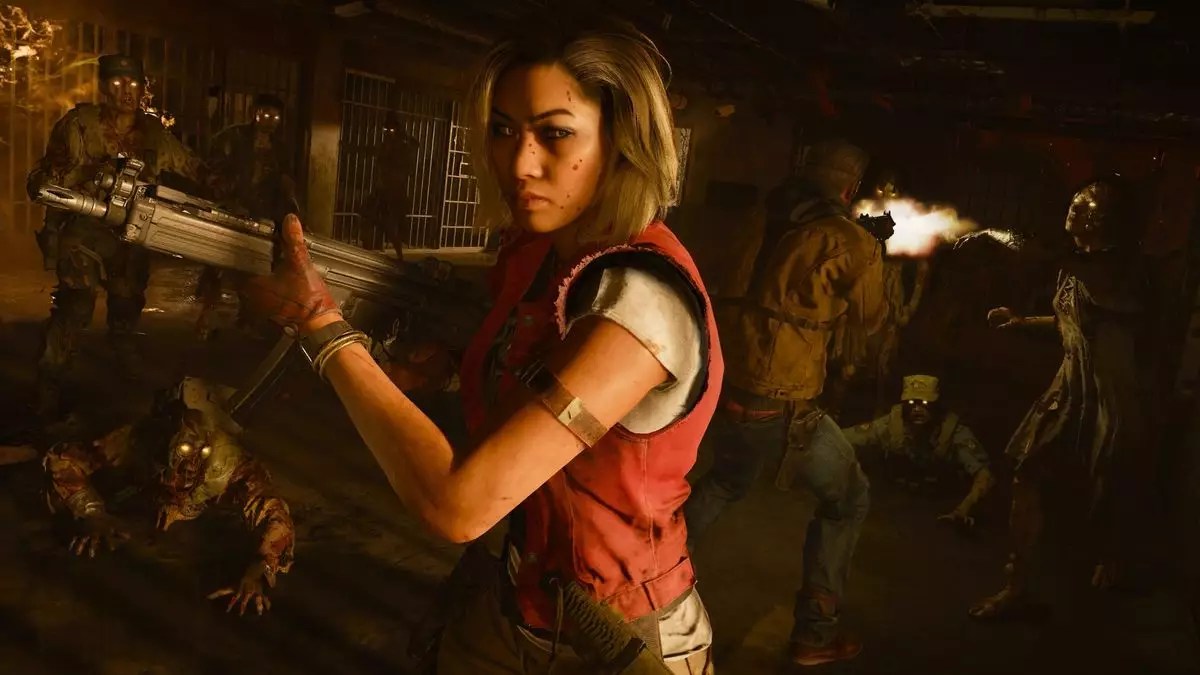In the world of online gaming, anti-cheat systems serve as the frontline defense against dishonest players who seek to distort competition. However, a recent incident involving Activision’s Ricochet anti-cheat system has unveiled a troubling vulnerability: while the developers were confident about their approach to combating cheaters, a hacker managed to exploit the system, leading to an alarming number of wrongful bans on innocent players. This breach highlights not only the potential weaknesses within these systems but also raises serious concerns about fairness, accountability, and the overall gaming community’s integrity.
The hacker, known as Vizor, claimed to have orchestrated a scheme that resulted in the unauthorized bans of “thousands upon thousands” of legitimate players. This declaration starkly conflicted with Activision’s earlier statement, which downplayed the impact of the exploit, suggesting it only affected a “small number” of players. Such discrepancies underscore the ongoing battle between developers and those determined to disrupt the gaming experience for others.
What is particularly alarming about Vizor’s approach is its simplicity. Rather than relying on complex software or advanced hacking techniques, Vizor exploited specific strings of text hardcoded into Ricochet to identify potential cheaters. By messaging unwitting players with these “signal words,” like “trigger bot” — a term associated with automatic shooting cheats — these innocent players were flagged and subsequently banned. This revelation raises serious questions about the robustness of Ricochet’s detection methods, as the reliance on memory scans that discern players’ actions based solely on strings of text appears absurdly primitive for a modern anti-cheat system.
The ease of this exploitation demonstrates a broader issue within the gaming industry: developers may adopt sophisticated marketing strategies to promote their anti-cheat capabilities, yet many systems still rely on outdated methodologies. As Vizor himself commented, it is “extremely prone to false positives” when bans are dictated by straightforward keyword detection without a more nuanced analysis of player behavior.
The automated nature of the banning process exacerbates concerns over fairness and accountability. Once a player is flagged by Ricochet, they face severe repercussions — losing their accounts, access to their hard-earned progress, and potentially a permanent exclusion from their favorite games. For many, especially those who invest time and money into gaming, the consequences can be devastating.
What makes this situation even more troubling is the sheer scale at which Vizor was able to operate. Utilizing a custom script, he could rapidly join games, send messages containing cheat-related terminology, then exit, leaving chaos in his wake. This method was not just about nuisance; it was a calculated move to inflate the perception of both the capability of Ricochet’s monitoring and the presence of “real” cheaters. Indeed, as he stated, he derived ‘fun’ from this trolling behavior, which speaks volumes about the ethical implications involved.
This incident serves as a crucial wake-up call for game developers and publishers. The evident flaws in the Ricochet anti-cheat system not only compromised thousands of players but also highlighted a critical need for improved methodologies. Anti-cheat technologies should evolve beyond basic keyword identification and instead embrace more sophisticated machine learning algorithms to analyze player behavior holistically. By not doing so, developers leave themselves vulnerable to exploitation by those who are willing to manipulate the system.
As a broader gaming community, it is essential to advocate for fair practices and transparency. Players deserve assurance that their experiences are protected against malicious activities, and it is incumbent upon developers to honor that responsibility. Only by meeting this challenge head-on can the gaming landscape remain competitive, fair, and enjoyable for all.


Leave a Reply